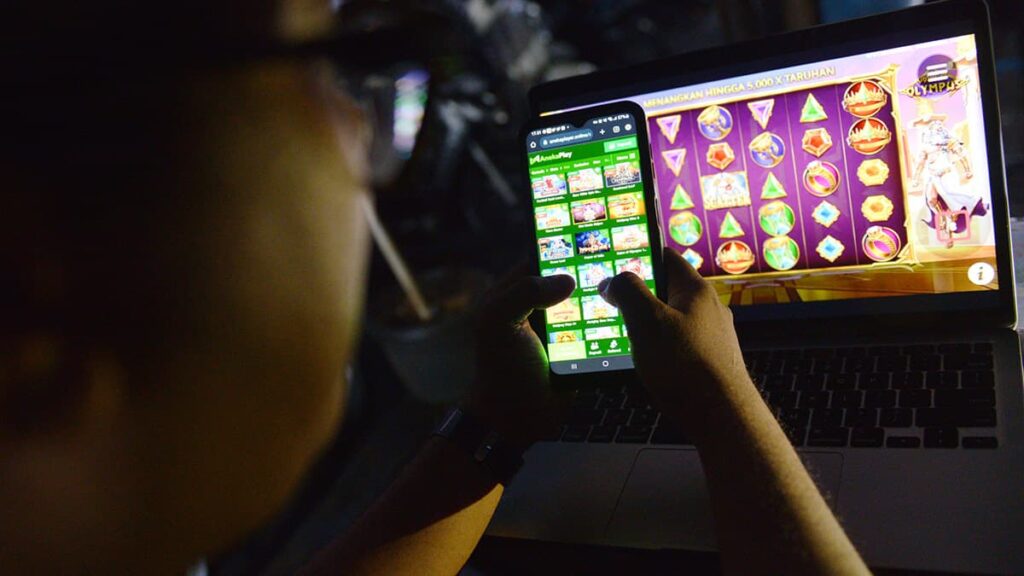History and risk: how World War I can be compared to playing at an online casino - The Lens of History

At first glance, comparing World War I to gambling may seem inappropriate. However, if you delve deeper into the essence of both phenomena, you can find surprising parallels. Just as modern players seek the best conditions for playing through Legjobb Kaszino, where experts provide detailed casino reviews and analyse their reliability, political leaders of the early 20th century also tried to assess the risks and potential rewards before making fateful decisions. History shows us how risk calculations, uncertainty of outcomes, and the psychology of decision-making unite these seemingly different spheres of human activity.
The psychology of risk in a historical context
The First World War is often referred to as ‘a catastrophe caused by miscalculating risks.’ European leaders in 1914, like gamblers, overestimated their chances of a quick victory and underestimated the potential losses. Kaiser Wilhelm II was convinced that the war would be over by Christmas, while French generals believed in victory thanks to the ‘elan vital’ — the fighting spirit of their soldiers.
This psychological bias, known as the ‘illusion of control,’ is common to both political leaders and casino players. Both groups tend to overestimate their ability to influence the outcome and underestimate the role of chance. Austria’s ultimatum to Serbia, Germany’s ‘blank cheque’ to Austria, Russia’s mobilisation — each step was a risky bet in a geopolitical game with unpredictable consequences.
Escalating stakes and the point of no return
In gambling, there is a phenomenon known as ‘doubling down’ — when a player who has lost increases their next bet in the hope of winning back their losses. Events in the summer of 1914 unfolded in a similar way. Each country, having made its initial move, felt the need to ‘raise the stakes’ so as not to appear weak.
The mobilisation of armies was the moment when the stakes reached a critical point. The German Schlieffen Plan, the Russian mobilisation orders, the French Plan XVII — all these military preparations were essentially ‘all-in’ in geopolitical poker. When Russian Tsar Nicholas II signed the decree on general mobilisation, it was equivalent to a gambler betting his last savings.
Technological factors also played a catalytic role. Mobilisation railway schedules, developed years earlier, created a tight time frame that left no room for diplomatic manoeuvring. Like automatic bets in modern online casinos, these plans, once launched, unfolded according to their own logic.
Information asymmetry and the fog of war
Clausewitz wrote about the ‘fog of war’ — a state of uncertainty in which commanders must make decisions. This concept has a direct analogy with information asymmetry in gambling. Casino players, like military commanders, are forced to act with incomplete information about their opponents’ intentions and future events.
Despite their efforts, the intelligence services of 1914 often provided inaccurate or outdated information. German intelligence underestimated the speed of Russian mobilisation, the French failed to predict the scale of the German offensive through Belgium, and the British hesitated for a long time about participating in the conflict. This uncertainty forced leaders to rely on intuition and assumptions, much like poker players reading their opponents’ tells.
Propaganda and disinformation became tools of psychological pressure, similar to bluffing in card games. Each side tried to convince its opponents of its strength and determination, often exaggerating its own capabilities and downplaying threats.
New risk platforms in the modern era
The modern world of digital technology has created new forms of risky decisions that are essentially reminiscent of the dilemmas of 1914. online casino 2025 offer players unprecedented opportunities for gambling, using artificial intelligence, virtual reality and blockchain technologies to create a more immersive experience. These platforms, like the military alliances of the early 20th century, create complex networks of interdependencies and risks.
Modern online casinos use machine learning algorithms to analyse player behaviour, reminiscent of the intelligence activities on the eve of the Great War. They create personalised offers, tailoring the gaming experience to individual user preferences, much like diplomats in 1914 tried to ‘read’ the intentions of their colleagues.
Social networks such as Facebook and Instagram have become new battlegrounds for player attention and loyalty, where online casinos deploy their marketing campaigns with the precision of military operations.
Economic calculations and forecasting errors
Economists and financiers in 1914, like today’s casino analysts, tried to calculate the cost of war and its potential economic consequences. In his work ‘The Future War,’ Ivan Bloch predicted the catastrophic economic consequences of modern warfare, but his warnings were ignored by politicians blind to the risks.
Germany counted on a quick victory that would recoup military expenses through reparations. France relied on British loans and Russian aid. These calculations proved as illusory as a casino player’s hopes for a ‘system’ that guarantees a win.
The war lasted longer than anyone had predicted, and its cost was astronomical. Britain spent more than 35% of its national wealth on the war, France about 30%, and Germany more than 25%. These figures are reminiscent of the statistics for problem gamblers who lose a significant portion of their income in gambling.
Social consequences and collective memory

World War I, like gambling addiction, had profound social consequences that affected millions of people. The loss of the ‘lost generation,’ social trauma, and economic depression shaped the collective consciousness of entire nations for decades to come.
Today, YouTube is overflowing with historical documentaries about the First World War, reminding us of the price of reckless risk-taking. Similarly, LinkedIn and other professional networks are becoming platforms for discussing responsible risk-taking in business and personal life.
Monuments to the unknown soldier in European capitals serve as reminders of the unpredictable consequences of collective decisions, similar to warnings about responsible gaming in modern casinos. Both phenomena emphasise the importance of being aware of risks and their potential consequences.
Lessons from history for the present
Comparing the First World War to gambling is not an attempt to downplay the tragedy of war, but rather a way to better understand the mechanisms of risky decision-making. History shows that both individual and collective decisions are often made in conditions of uncertainty, influenced by emotions and cognitive biases.
Today’s leaders, both political and business, can learn from the lessons of 1914 to better understand the nature of risk and its management. Pinterest and Twitter are now sharing infographics and articles on risk management, reminding us of the importance of careful analysis before making important decisions.
Advances in artificial intelligence technology in risk analysis can help avoid the mistakes of the past, but the human factor — emotions, ambitions, fears — remains unchanged. Understanding this helps us better prepare for the challenges of the future, whether in geopolitics, business or our personal lives.
Leave A Comment
You must be <a href="https://www.worldwaronecolorphotos.com/wp-login.php?redirect_to=https%3A%2F%2Fwww.worldwaronecolorphotos.com%2Fhistory-and-risk-how-world-war-i-can-be-compared-to-playing-at-an-online-casino%2F">logged in</a> to post a comment.